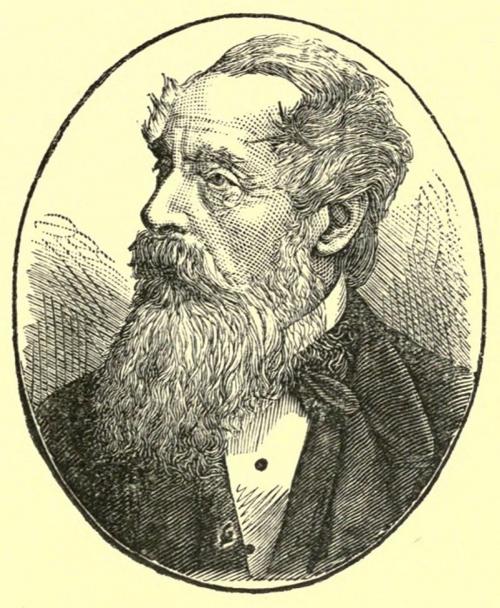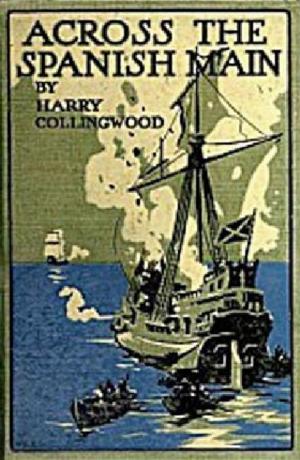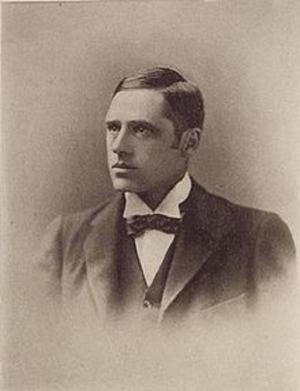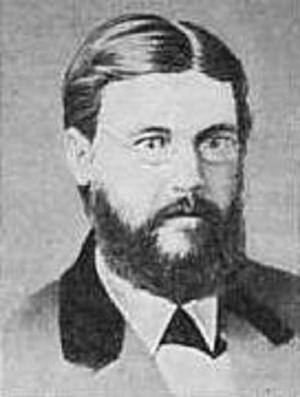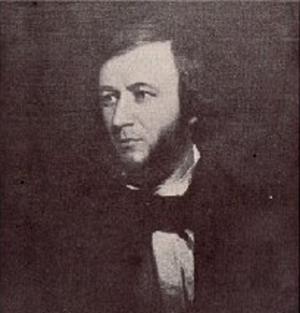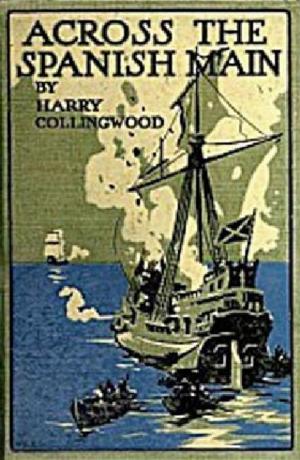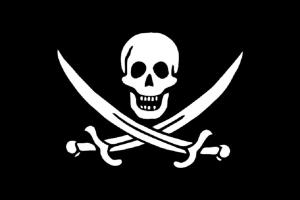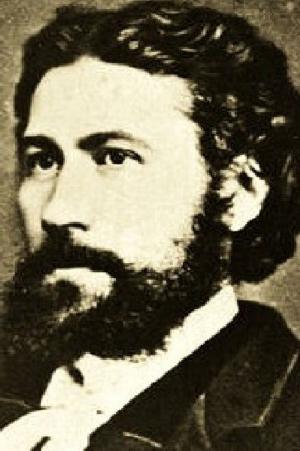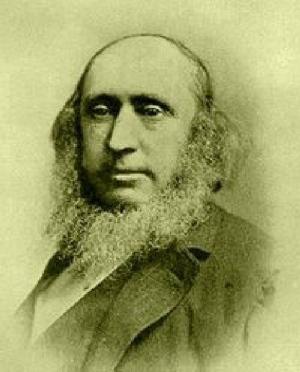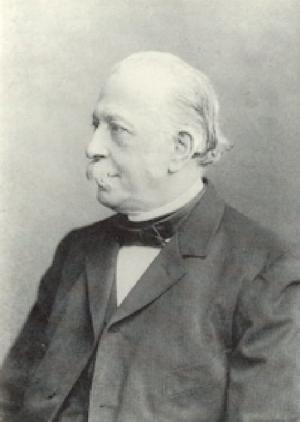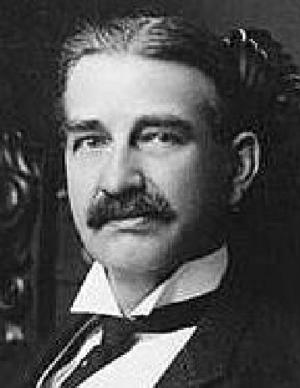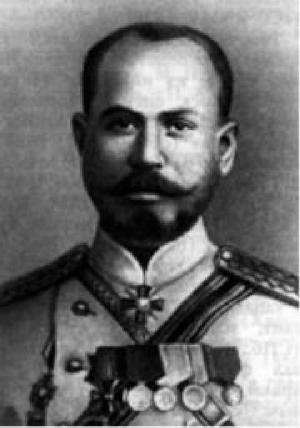The Two Supercargoes, Adventures in Savage Africa
Fiction & Literature, Classics, Kids, Teen, General Fiction, Fiction| Author: | Kingston, W.H.G. | ISBN: | 9781455394159 |
| Publisher: | B&R Samizdat Express | Publication: | June 10, 2015 |
| Imprint: | Quench Editions | Language: | English |
| Author: | Kingston, W.H.G. |
| ISBN: | 9781455394159 |
| Publisher: | B&R Samizdat Express |
| Publication: | June 10, 2015 |
| Imprint: | Quench Editions |
| Language: | English |
This is rather a standard Kingston book, with adventures this time shore-based in Africa, which, at the time of the story, the early nineteenth century, was largely unknown. The two young men sail as supercargoes, a post which at that time existed, but which later was to be known a ship's clerk. The job of a supercargo was to be in charge of where in the vessel each item of cargo was stored, so that on arrival at its destination it could be quickly and easily found. Of course in those days, as fifty years ago, items of cargo were individual small objects, sometimes stowed on pallets, but mostly in casks. A pallet or a cask would be an individual item. According to Wikipedia: "William Henry Giles Kingston (28 February 1814 - 5 August 1880), writer of tales for boys, was born in London, but spent much of his youth in Oporto, where his father was a merchant. His first book, The Circassian Chief, appeared in 1844. His first book for boys, Peter the Whaler, was published in 1851, and had such success that he retired from business and devoted himself entirely to the production of this kind of literature, in which his popularity was deservedly great; and during 30 years he wrote upwards of 130 tales, including The Three Midshipmen (1862), The Three Lieutenants (1874), The Three Commanders (1875), The Three Admirals (1877), Digby Heathcote, etc. He also conducted various papers, including The Colonist, and Colonial Magazine and East India Review. He was also interested in emigration, volunteering, and various philanthropic schemes. For services in negotiating a commercial treaty with Portugal he received a Portuguese knighthood, and for his literary labours a Government pension."
This is rather a standard Kingston book, with adventures this time shore-based in Africa, which, at the time of the story, the early nineteenth century, was largely unknown. The two young men sail as supercargoes, a post which at that time existed, but which later was to be known a ship's clerk. The job of a supercargo was to be in charge of where in the vessel each item of cargo was stored, so that on arrival at its destination it could be quickly and easily found. Of course in those days, as fifty years ago, items of cargo were individual small objects, sometimes stowed on pallets, but mostly in casks. A pallet or a cask would be an individual item. According to Wikipedia: "William Henry Giles Kingston (28 February 1814 - 5 August 1880), writer of tales for boys, was born in London, but spent much of his youth in Oporto, where his father was a merchant. His first book, The Circassian Chief, appeared in 1844. His first book for boys, Peter the Whaler, was published in 1851, and had such success that he retired from business and devoted himself entirely to the production of this kind of literature, in which his popularity was deservedly great; and during 30 years he wrote upwards of 130 tales, including The Three Midshipmen (1862), The Three Lieutenants (1874), The Three Commanders (1875), The Three Admirals (1877), Digby Heathcote, etc. He also conducted various papers, including The Colonist, and Colonial Magazine and East India Review. He was also interested in emigration, volunteering, and various philanthropic schemes. For services in negotiating a commercial treaty with Portugal he received a Portuguese knighthood, and for his literary labours a Government pension."
